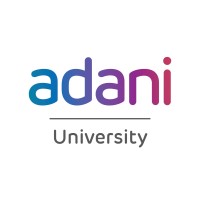Oil curse: how petroleum wealth shapes the development of nations , fourth reprint
Material type: TextPublication details: Princeton Princeton University Press 2013Edition: 1st edDescription: xxi, 289 pISBN: 9780691159638Subject(s): Civil war -- Developing countries | Developing countries -- Economic policy | Developing countries -- Economic policy -- Econometric models | Natural resources -- Developing countries | Petroleum industry and trade -- Government policy -- Developing countries | Petroleum products -- PricesDDC classification: 338.9009 ROS
TextPublication details: Princeton Princeton University Press 2013Edition: 1st edDescription: xxi, 289 pISBN: 9780691159638Subject(s): Civil war -- Developing countries | Developing countries -- Economic policy | Developing countries -- Economic policy -- Econometric models | Natural resources -- Developing countries | Petroleum industry and trade -- Government policy -- Developing countries | Petroleum products -- PricesDDC classification: 338.9009 ROS | Item type | Current library | Collection | Call number | Status | Date due | Barcode |
|---|---|---|---|---|---|---|
 Books
Books
|
FMS Library
|
General | 338.9009 ROS (Browse shelf(Opens below)) | Available | M001995 |
Suggested by Prof. Diptiranjan Mahapatra
2Indigenous Business and Financial Practices; Chapter Two The Trouble with Oil Revenues; pt. 2 POWER AND POLITICS; The political roots of development; I have rights, therefore I am; How change happens: A revolution for Bolivia's Chiquitano people; I read, therefore I am; I surf, therefore I am; We organise, therefore we are; How change happens: Winning women's rights in Morocco; I own, therefore I am; I vote, therefore I am; I steal, therefore I am: Natural resources, corruption, and development; From poverty to power; From poverty to power
Countries that are rich in petroleum have less democracy, less economic stability, and more frequent civil wars than countries without oil. What explains this oil curse? And can it be fixed? In this groundbreaking analysis, Michael L. Ross looks at how de


There are no comments on this title.